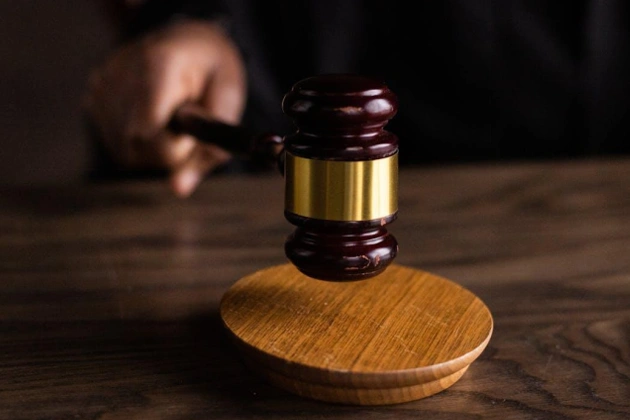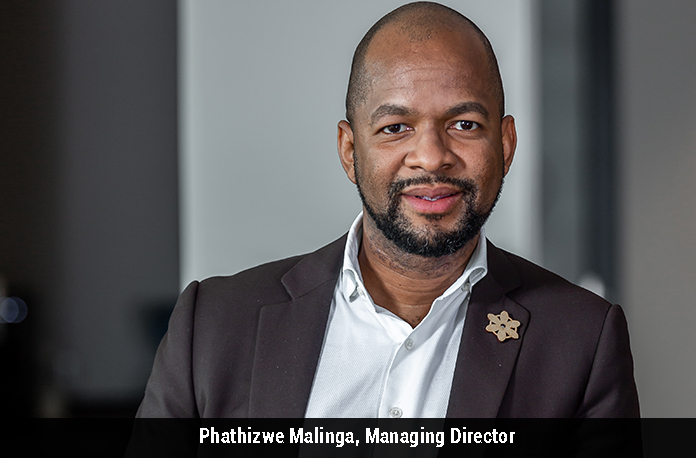If an accident left you injured, you want to resolve your case quickly and fairly. Often, insurance companies settle, but sometimes claims move into the courtroom. Knowing the factors that push a case to trial helps you prepare and choose the right advocate. If your situation looks complicated, contact a lawyer from Freidin Brown.
1. Strong Dispute Over Fault
When the other side denies responsibility, a trial becomes more likely. Insurance adjusters evaluate fault and often refuse sizable payouts when liability looks shaky. Courts exist to resolve sharp disagreements about who caused the crash, the slip, or the workplace injury. For example, if two drivers give different accounts and the only witnesses disagree, the insurer may stand firm rather than pay what the plaintiff demands.
Example: A rear-end crash where the defendant claims sudden brake failure while the plaintiff points to tailgating. When both sides present competing expert reports, settlement talks can stall, and the case moves to trial.
2. Severe or Permanent Injuries
Cases with catastrophic or lasting harm often require a judge or jury to decide full compensation. Insurers hesitate to agree to large sums without testing the evidence in court. Plaintiffs with long-term medical needs, loss of earning capacity, or permanent disfigurement increase the odds of litigation. You should work with a Florida personal injury lawyer who understands life care plans and can challenge lowball offers.
Common examples of severe injuries include:
- Spinal cord damage that causes partial paralysis.
- Traumatic brain injury with cognitive impairment.
- Amputations or injuries requiring lifelong medical devices.
These situations often rely on medical experts and detailed future-cost analyses, which tend to push cases into trial.
3. Large or Complex Damages Claims
When plaintiffs seek substantial compensation for future losses, defendants resist without a full evidentiary hearing. Complexity increases when the claim includes lost business income, future surgeries, or long-term rehabilitation needs. Judges and juries weigh credibility, expert testimony, and economic projections to determine fair awards. For instance, a small business owner who lost clients after an accident faces a complicated valuation that an insurer may not accept without a trial.
Example: Claiming future lost profits calls for forensic accountants and vocational experts. Those specialists create contested reports, and the dispute over methodology frequently triggers court resolution.
4. Low or No Settlement Offers From Insurer
An insurer’s unwillingness to negotiate often signals a likely trial. Carriers sometimes deny liability, underpay, or delay in the hope that plaintiffs will accept less. When adjusters make repeated lowball offers or ignore clear evidence, the claimant must consider filing suit and proving the case in court. Expect litigation if the insurer sticks to its stance even after you submit medical records and witness statements.
Why insurers fight settlements:
- They argue preexisting conditions caused the harm.
- They claim the plaintiff relaxed safety precautions.
- They contend medical treatment lacks medical necessity.
Example: If medical bills total $80,000 and the insurer repeatedly offers $5,000, the record shows a breakdown in negotiations that commonly ends up before a judge or jury.
5. Conflicting Witnesses or Expert Opinions
When eyewitness statements contradict each other and experts disagree, parties rarely resolve matters outside court. Attorneys test witness credibility and cross-examine experts during trial, and juries decide which evidence they find convincing. If accident reconstruction specialists produce opposing reports or treating physicians differ on causation, settlement becomes difficult. That tension often makes a trial the only path to a definitive resolution.
Example: A slip-and-fall where surveillance video only partially captures the incident and doctors dispute whether the fall caused the plaintiff’s disc herniation. Those disputes typically require live testimony and jury assessment.
Florida Statute of Limitations For Personal Injury Lawsuits
Time limits affect whether you can bring a lawsuit and may influence settlement decisions. Florida law generally requires plaintiffs to file negligence-based claims within two years of the injury. Courts enforce this deadline strictly, and missing it usually blocks your right to recover. If circumstances raise uncertainty about filing deadlines, consult an experienced Florida personal injury lawyer and act promptly.
Take Action With a Trial-Ready Attorney
If any of these signs match your claim, choose counsel who will try your case if necessary. A lawyer with courtroom experience understands trial procedure, prepares witnesses, and litigates effectively when insurers refuse fair compensation. A seasoned Florida personal injury lawyer protects your right to full recovery and evaluates whether settlement or trial best serves your long-term needs.
Ready To Talk? Get Legal Help Today
Don’t leave your future to chance when the stakes run high. Reach out to a Florida personal injury lawyer who has proven trial results, request a case review, and protect your deadline to file. Act now to preserve evidence, secure expert testimony, and present the strongest possible claim.










